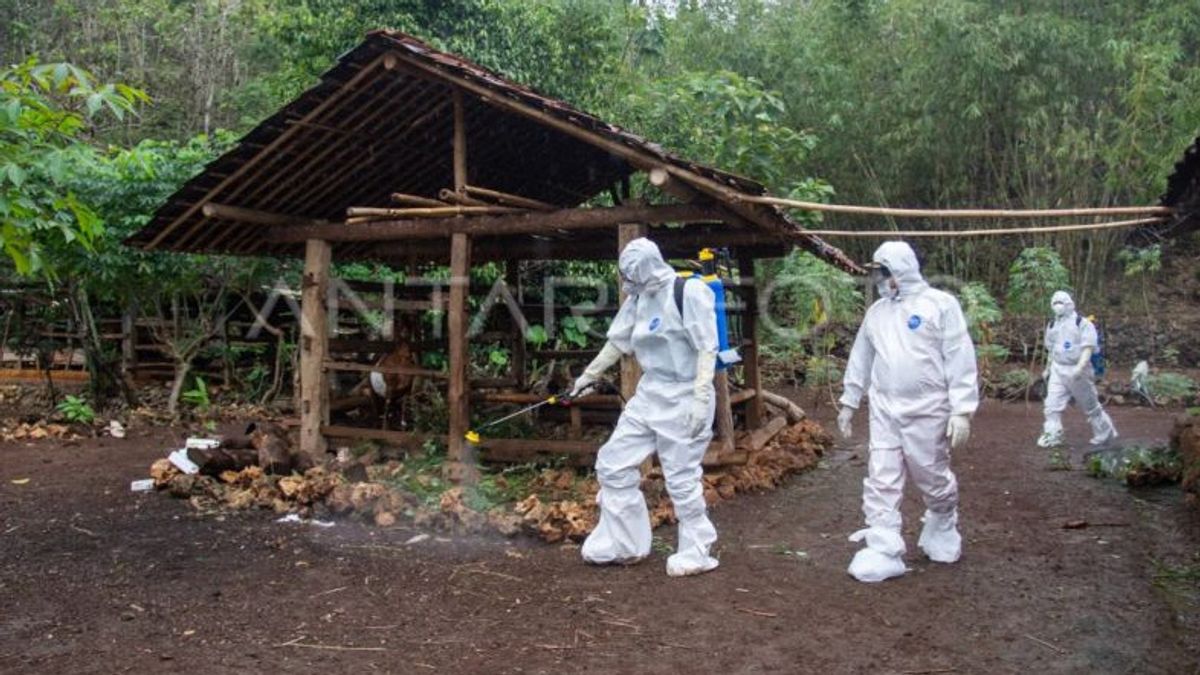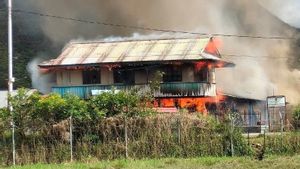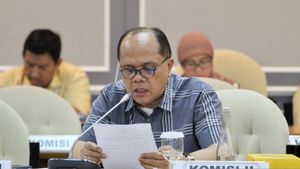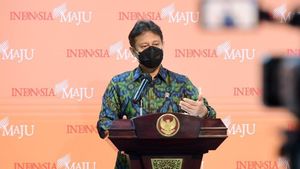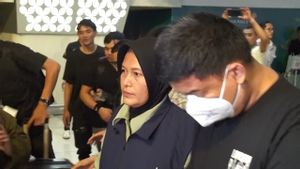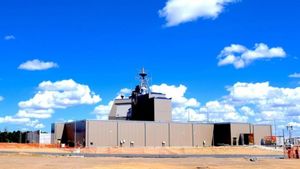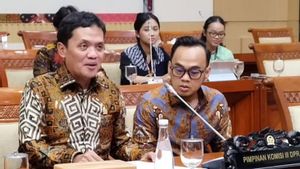YOGYAKARTA - The Department of Agriculture and Food Security (DPKP) of the Special Region of Yogyakarta (DIY) reminded the public not to use land that had been identified as being exposed to imaging for activities.
"We hope not to use it. But this is a weakness in us because it belongs to the residents," said MEDik Veterinary Madya for Animal Husbandry and Animal Health DPKP DPKP Agung Ludiro in Yogyakarta as reported by ANTARA, Friday, July 14.
He explained that the spora of "Bacillus anthracis" bacteria is able to live for a long time, even up to decades in the soil so that exposed land should not be used.
Areas suspected of being an anti-extraction spora point, he said, are usually land used for slaughtering or animal cages that are confirmed positive for anti-extraction.
To ensure the land is exposed to anti-extraction, Wates Veterinary Center (BBVet) together with the livestock service in each district in DIY conducts surveillance every year by examining soil samples at the specified location.
"They will take soil samples at locations where the spora is expected to fall. For example, at one point there is a spora then there is a possibility that he could be carried away by water, or shoes," he said.
After it was confirmed that the soil sample contained an extrax spora, Agung continued, the land was then plastered or coated with cement as well as a sign that the location was exposed or there had been an imaging case.
"We always emphasize that the cement-covered soil has a spora in it so that it should not be opened or dismantled for fear of the sporamous rise," he said.
Until now, people whose territory has appeared in attracting cases such as in Kulon Progo and Gunungkidul are still complying with the appeal.
VOIR éGALEMENT:
Based on his history, the attracting cases in DIY once appeared in Pakem, Sleman in 2003, then in Kulon Progo in 2016, in Pleret, Bantul in 2017, and Karangmojo, Gunungkidul in 2019.
"They are afraid to open it because as a result it can spread to livestock, it can be done to humans," he said.
He said that after an attack case emerged that caused 12 livestock to die and one person died in June 2023 in Jati Hamlet, Semanu District, Gunungkidul, BBVet together with the Gunungkidul Animal Husbandry and Health Service, they immediately conducted a soil sample test which was suspected of being exposed to anti-extraction.
"The inspection process (land sample) in the laboratory is still running to determine the spora points. We are preparing locations to be distributed," said Agung Ludiro.
Chairman of the Indonesian Veterinary Association (PDHI) DIY drh. Aniq Syihabuddin encourages the implementation of biosecurity in cattle and goats belonging to residents in Gunungkidul Regency to prevent cases of anti-extraction in the region from recurring.
The application of biosecurity, among others, is by fixing the cleanliness and standards of the residents' livestock cages, some of which are still on the ground because they are at risk of becoming a means of neutral transmission.
"It's also not hygienic when the soil is wet, it's difficult to clean, it's also not hygienic. With cement, it's relatively easy to clean," said Aniq.
The English, Chinese, Japanese, Arabic, and French versions are automatically generated by the AI. So there may still be inaccuracies in translating, please always see Indonesian as our main language. (system supported by DigitalSiber.id)
